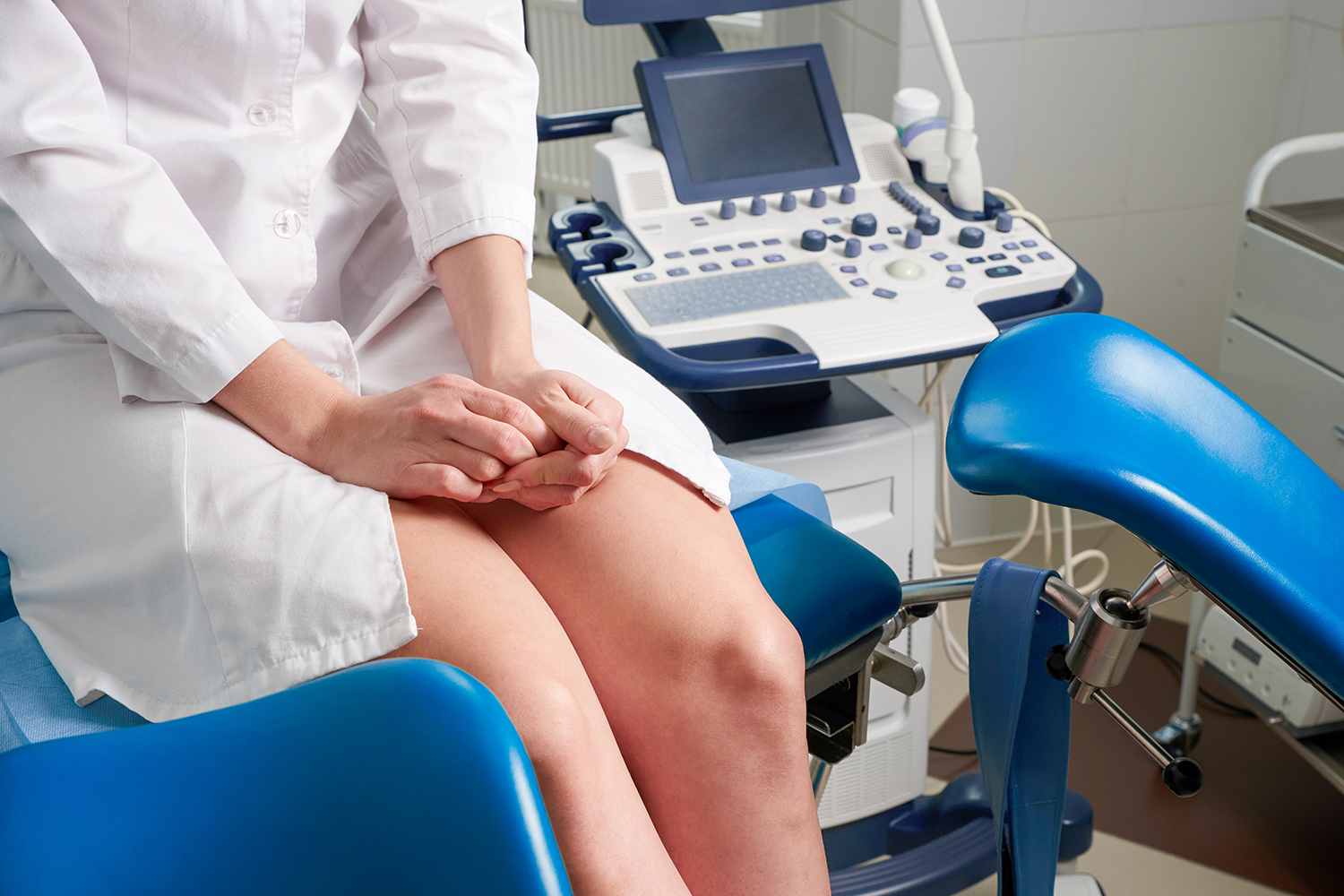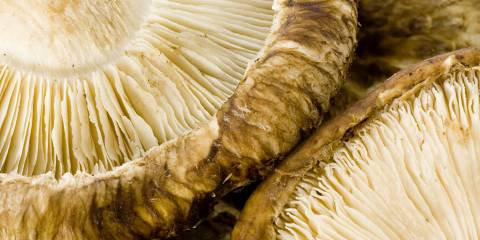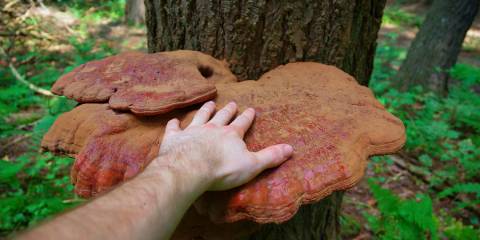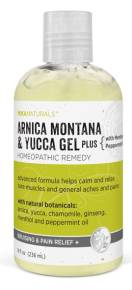If there was a magic bean for the prevention of high-risk HPV— also known as human papillomavirus, a sexually transmitted infection responsible for 9 out of 10 cases of cervical cancer — I would grow one for every sexually active adult in the world. As of today, that bean does not exist. Even more disappointingly, neither does a cure.
The good news is that researchers are working on it, and they are making progress with a Japanese medicinal mushroom extract. It’s not a magic bean, but it is both real and effective. Let’s back up to better understand high-risk HPV infections, and why it’s so important to find an effective treatment.
Millions of Women are Infected with HPV and Most Don’t Even Know It
HPV is the most common sexually transmitted infection in the United States, affecting more than 79 million people. This includes the more than 80-percent of sexually active women who will become infected with the virus at least once in their lives.
Low-risk HPV— the kind of HPV that doesn’t cause cancer— is commonly associated with physical symptoms that send women to the gynecologist. High-risk HPV— the kind that causes vulval, vaginal, anal, and cervical cancer— has no physical symptoms. The only way to detect it is with a tissue swab. What’s more, high-risk HPV can remain latent in the body for long periods of time, reactivating long after the original infection, meaning that even those in monogamous relationships can become actively infected.
This is why routine visits to the gynecologist and Co-Tests (a Pap smear and HPV test in one) which provide early detection for HPV and other conditions— are so important. Yet, nearly 25 percent of American women are overdue for routine gynecological exams, and there’s overwhelming evidence that women are turning to the internet before medical doctors. This could have potentially dire consequences for those infected with “invisible” high-risk HPV.
The Internet is Full of “Magic Beans” for Clearing HPV Naturally and That’s Problematic
A health behaviors survey from the Pew Research Center found that more than 70 percent of Americans have searched online for health information, and 35 percent have used the internet to self-diagnose a condition.
When it comes to HPV treatments, a significant amount of what’s published on the internet is about magic beans; they’re not real. A quick search returns hundreds of articles claiming myriad vitamins and minerals— like garlic, green tea, vitamin C, and vitamin D— have the power to prevent HPV infections altogether. These articles are based on limited evidence taken out of context, and in some cases, folklore. What’s more is that many popular articles suggest unsafe serving sizes and applications, which can cause gastrointestinal or mental distress, mask low blood sugar in diabetics, and even cause acid burns to highly sensitive body parts.
The simple truth is that there are only three things that can prevent an HPV infection: abstinence, safe sex, and the HPV vaccine. And even those may not guarantee you’ll remain HPV-free for life.
Most healthy adults can naturally clear active HPV infections within two years because their immune systems are already getting the job done. For those who can’t clear the virus, medical researchers are doing something about it using proven science.
Researchers Are Using a Japanese Medicinal Mushroom Extract to Do What Other Supplements Can’t: Fight High-Risk HPV Infections
A team of researchers from UTHealth Houston have been working to determine what it takes to support the immune system in clearing active, persistent high-risk HPV infections, and whether AHCC supplementation can make a difference. AHCC is a unique cultured extract derived from the roots of lentinula edodes, or shiitake, mushrooms. A double-blind, placebo-controlled Phase II study supported by a grant from the National Institutes of Health confirmed that AHCC is effective in the treatment of active high-risk HPV infections. Results showed that daily use of AHCC supported the immune system in clearing active HPV infections in two-thirds of study participants within six months.
While there’s no formal medical treatment for active high-risk HPV infections, there is now reliable scientific evidence supporting the use of AHCC to aid the immune system in clearing them. For gynecological practitioners like me, this is encouraging news. When a patient tests positive for HPV or develops dysplasia, we can recommend AHCC supplementation in addition to frequent monitoring and procedural intervention. Talk to your doctor, not a search engine, about your HPV status and discuss whether you could benefit from AHCC supplementation.





